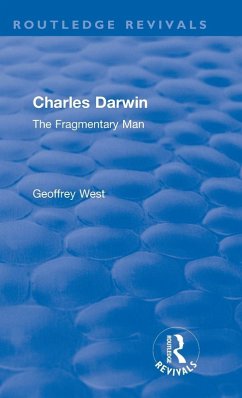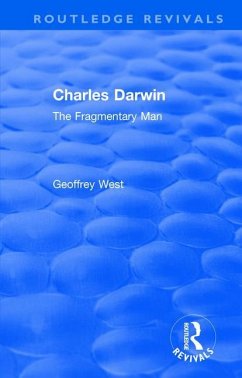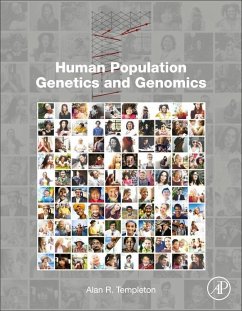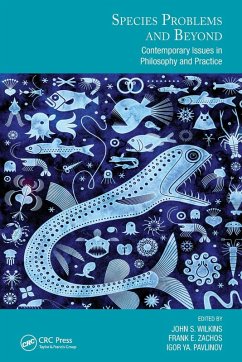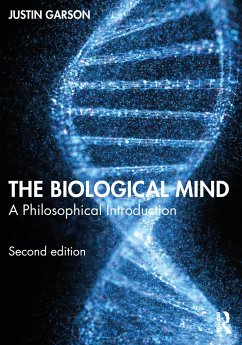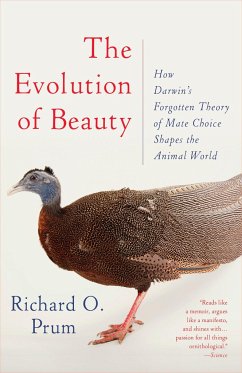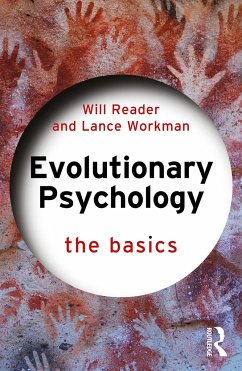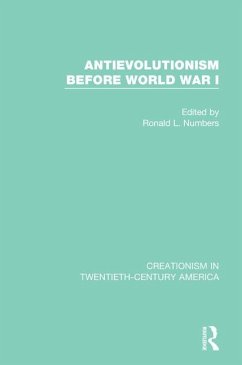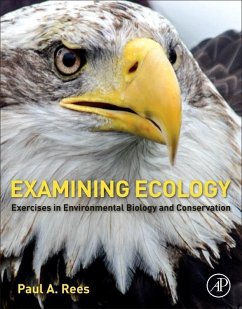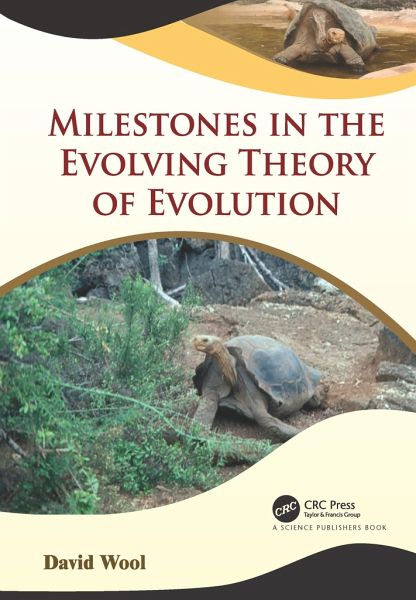
Milestones in the Evolving Theory of Evolution
Versandkostenfrei!
Versandfertig in 6-10 Tagen
80,99 €
inkl. MwSt.
Weitere Ausgaben:

PAYBACK Punkte
40 °P sammeln!
The book illustrates how Darwin's theory has evolved, about the development of the biological world before Darwin, and great changes that took place with the incorporation of statistics, and after Darwin's death of genetics and mathematics. The formation of 'Modern Synthesis', protein electrophoresis, Discovery of DNA opened new avenues for the study of evolution.





